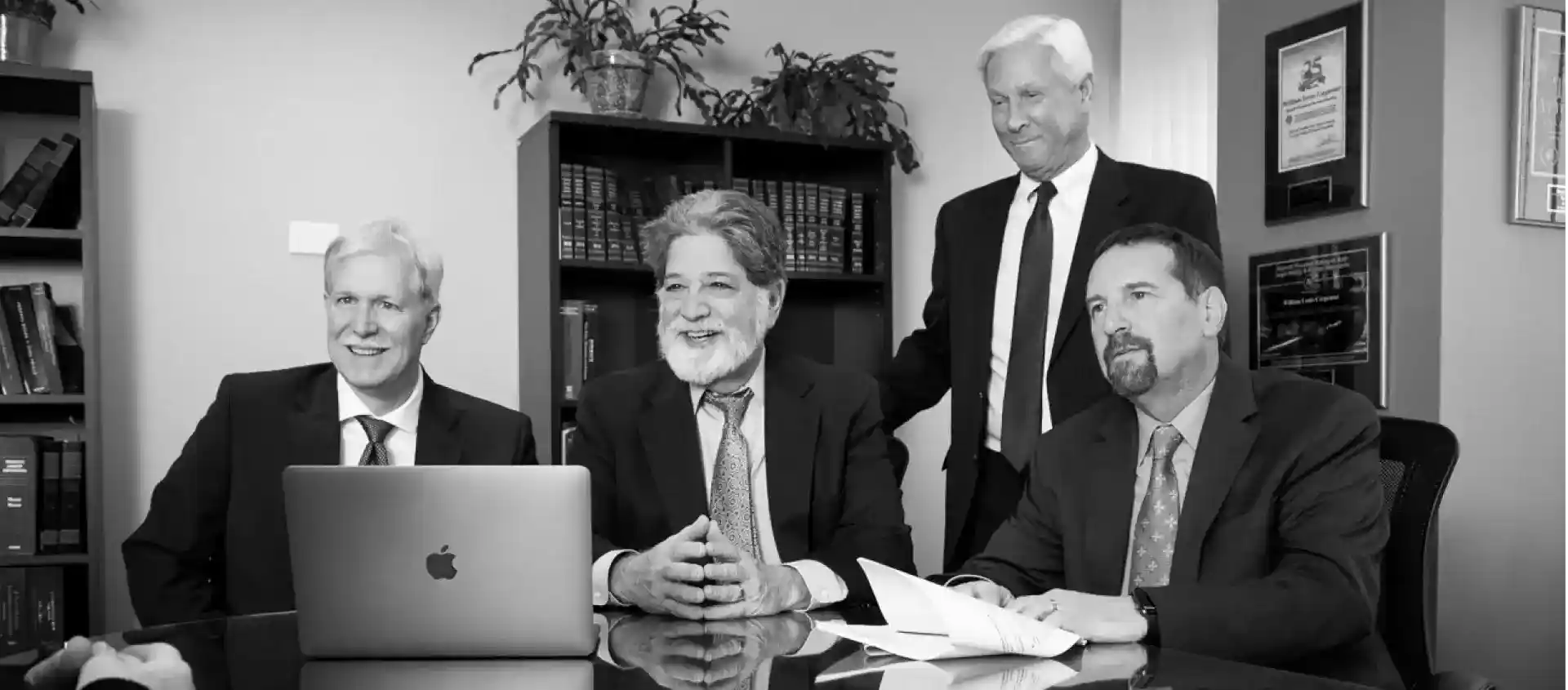
Have you ever seen someone post a picture of their car accident on social media? Or maybe a vague, long-form post explaining how they didn’t do anything wrong? You may not realize that posting about a case on social media marks the entire account as evidence. That’s just one reason why you should never discuss your case on social media.
Keep It to Yourself
Whether it’s an accident or an arrest, many people are eager to share their experience on social media. They want their friends and family to know they’re alright. However, this can be a big mistake.
In a car accident, for example, someone might reply to a comment asking whether they’re seriously hurt. The response can be taken as an admission that the injuries aren’t as bad as you claim and can significantly reduce a settlement.
Likewise, in a criminal case, law enforcement may use the post itself as circumstantial evidence, relaying elements of the text to other evidence. This can make a case incredibly difficult as the jury might take such a social media post as a confession.
Opening the Floodgates
Once you discuss your case on social media, your entire account becomes evidence for both attorneys to sift through. That means an attorney could see if you answered questions about the case in private messages or if you mentioned your case in comments on another page.
Once you “open the door” by discussing your case on social media, it can’t be closed again. Everything you’ve ever posted can be used against you, even if it’s character evidence that has nothing to do with the case.
The safest thing you can do is maintain complete silence on social media until your case is resolved.
Whether you’re facing criminal charges or pressure from the insurance companies, you might want legal representation. If you’d like an experienced Denver criminal defense lawyer from Gerash Steiner & Blanton, P.C. to evaluate your case, please send us an email or call now!

